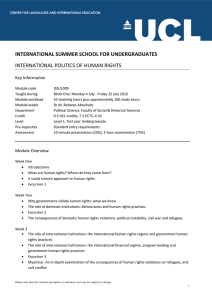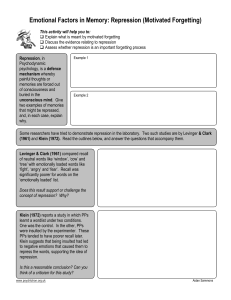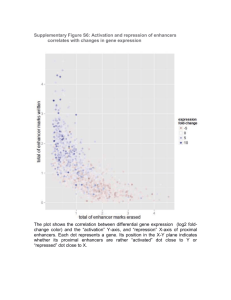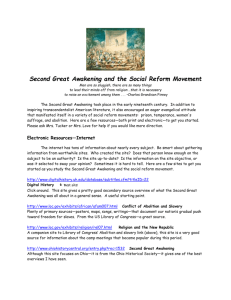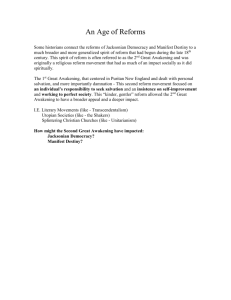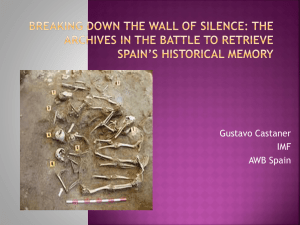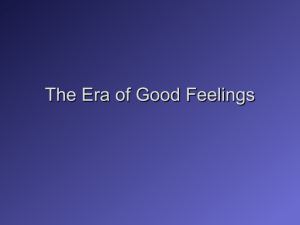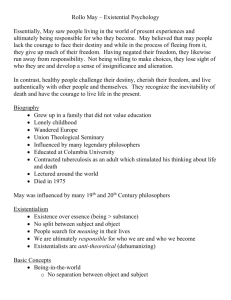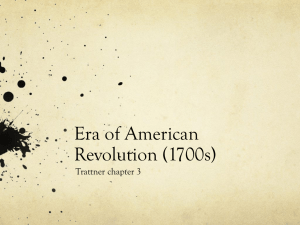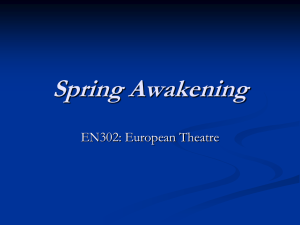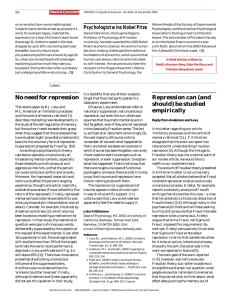to open this letter in a new Window (Microsoft Word
advertisement
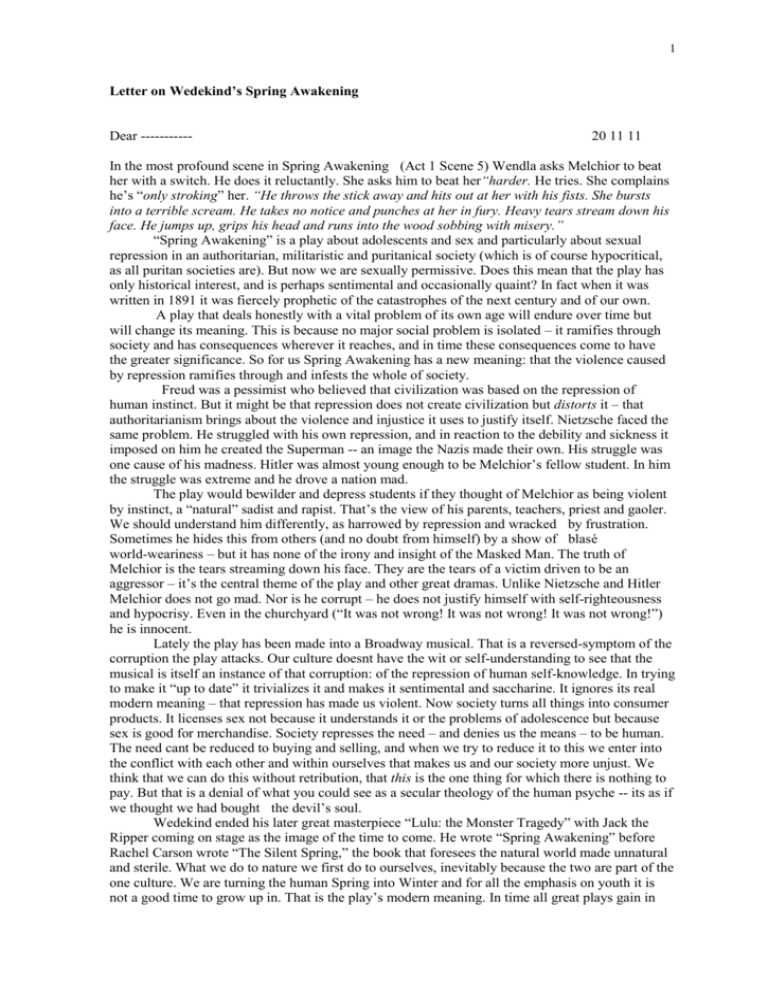
1 Letter on Wedekind’s Spring Awakening Dear ----------- 20 11 11 In the most profound scene in Spring Awakening (Act 1 Scene 5) Wendla asks Melchior to beat her with a switch. He does it reluctantly. She asks him to beat her“harder. He tries. She complains he’s “only stroking” her. “He throws the stick away and hits out at her with his fists. She bursts into a terrible scream. He takes no notice and punches at her in fury. Heavy tears stream down his face. He jumps up, grips his head and runs into the wood sobbing with misery.” “Spring Awakening” is a play about adolescents and sex and particularly about sexual repression in an authoritarian, militaristic and puritanical society (which is of course hypocritical, as all puritan societies are). But now we are sexually permissive. Does this mean that the play has only historical interest, and is perhaps sentimental and occasionally quaint? In fact when it was written in 1891 it was fiercely prophetic of the catastrophes of the next century and of our own. A play that deals honestly with a vital problem of its own age will endure over time but will change its meaning. This is because no major social problem is isolated – it ramifies through society and has consequences wherever it reaches, and in time these consequences come to have the greater significance. So for us Spring Awakening has a new meaning: that the violence caused by repression ramifies through and infests the whole of society. Freud was a pessimist who believed that civilization was based on the repression of human instinct. But it might be that repression does not create civilization but distorts it – that authoritarianism brings about the violence and injustice it uses to justify itself. Nietzsche faced the same problem. He struggled with his own repression, and in reaction to the debility and sickness it imposed on him he created the Superman -- an image the Nazis made their own. His struggle was one cause of his madness. Hitler was almost young enough to be Melchior’s fellow student. In him the struggle was extreme and he drove a nation mad. The play would bewilder and depress students if they thought of Melchior as being violent by instinct, a “natural” sadist and rapist. That’s the view of his parents, teachers, priest and gaoler. We should understand him differently, as harrowed by repression and wracked by frustration. Sometimes he hides this from others (and no doubt from himself) by a show of blasé world-weariness – but it has none of the irony and insight of the Masked Man. The truth of Melchior is the tears streaming down his face. They are the tears of a victim driven to be an aggressor – it’s the central theme of the play and other great dramas. Unlike Nietzsche and Hitler Melchior does not go mad. Nor is he corrupt – he does not justify himself with self-righteousness and hypocrisy. Even in the churchyard (“It was not wrong! It was not wrong! It was not wrong!”) he is innocent. Lately the play has been made into a Broadway musical. That is a reversed-symptom of the corruption the play attacks. Our culture doesnt have the wit or self-understanding to see that the musical is itself an instance of that corruption: of the repression of human self-knowledge. In trying to make it “up to date” it trivializes it and makes it sentimental and saccharine. It ignores its real modern meaning – that repression has made us violent. Now society turns all things into consumer products. It licenses sex not because it understands it or the problems of adolescence but because sex is good for merchandise. Society represses the need – and denies us the means – to be human. The need cant be reduced to buying and selling, and when we try to reduce it to this we enter into the conflict with each other and within ourselves that makes us and our society more unjust. We think that we can do this without retribution, that this is the one thing for which there is nothing to pay. But that is a denial of what you could see as a secular theology of the human psyche -- its as if we thought we had bought the devil’s soul. Wedekind ended his later great masterpiece “Lulu: the Monster Tragedy” with Jack the Ripper coming on stage as the image of the time to come. He wrote “Spring Awakening” before Rachel Carson wrote “The Silent Spring,” the book that foresees the natural world made unnatural and sterile. What we do to nature we first do to ourselves, inevitably because the two are part of the one culture. We are turning the human Spring into Winter and for all the emphasis on youth it is not a good time to grow up in. That is the play’s modern meaning. In time all great plays gain in 2 significance. Above I gave the reason why this is so: the interconnectedness of all human problems. Its why they can be solved only by drama – not by the sectionalising and reductionism of science. Its why crude attempts to modernise plays – all those directors’ gimmicks– are jejune. Hamlet means more to us than it did to the Jacobeans. Antigone means more to us than it did to the Greeks. Its in that spirit that you should read this play – it has become more urgent and more awesome. Best wishes, Edward.

